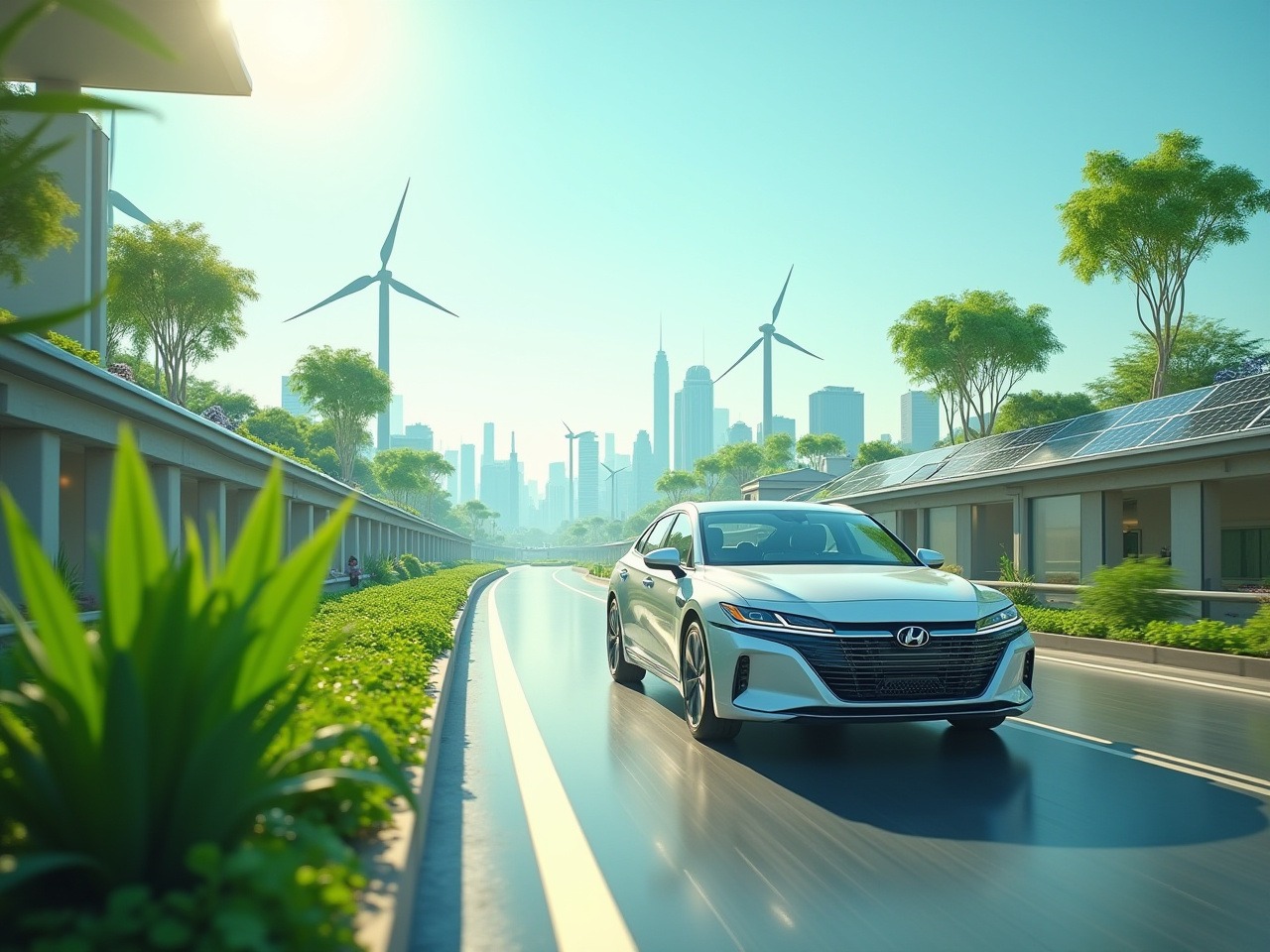As gas prices remain unpredictable, car buyers are seeking ways to reduce fuel expenses. Without switching to a fully electric vehicle, a hybrid car seems like a sensible choice. But are hybrids genuinely better for the environment? The answer isn't straightforward, but understanding the bigger picture can help. For those studying automotive engineering or pursuing electric vehicle training courses, this topic is crucial to understand.
How Hybrids Reduce Fuel Use?
One clear advantage of hybrids is improved fuel efficiency. Compared to a standard gasoline vehicle, a hybrid uses less fuel, which reduces harmful emissions. Since burning gasoline releases pollutants, using less of it helps minimize environmental damage.
However, hybrids still burn fuel. While they outperform traditional cars in efficiency, they don't eliminate pollution. Until synthetic fuels become more common, gasoline combustion will remain a concern. Nonetheless, hybrids provide a meaningful improvement for those seeking better mileage and reduced fuel costs. If you're learning about vehicle efficiency in an M.Tech in automotive engineering program, this is an important factor to consider.
Environmental Impact of Hybrid Manufacturing
While hybrids excel at reducing fuel consumption, their production process presents some environmental challenges:
- Battery Production: Hybrid batteries often require materials like lithium, cobalt, and nickel. Mining these materials is energy-intensive and can cause environmental harm.
- Electric Motors: Many hybrids use permanent-magnet motors that rely on rare-earth elements like neodymium. Extracting and processing these materials consumes significant resources.
The good news is that manufacturers are developing alternative motor designs that reduce or eliminate rare-earth magnets. Battery technology is also advancing to improve energy density and sustainability, reducing long-term environmental costs.
Maintaining a Hybrid for Efficiency
Keeping a hybrid car in good condition is key to maximizing its benefits:
- Oil Changes: Since hybrid engines don’t run constantly, they generally require fewer oil changes and use less oil overall.
- Brake Maintenance: Regenerative braking systems reduce brake wear, meaning brake pads last longer and produce less brake dust.
- Battery Replacement: While rare, replacing a hybrid battery can add to its environmental footprint. However, this is less frequent than many assume, and improved battery technology is extending their lifespan.
If you're enrolled in an electric vehicle training course, understanding these maintenance aspects can help you guide customers in getting the best mileage from their hybrid vehicles.
Recycling and End-of-Life Impact
The longer the Hybrid stays on road, the more good it does to the environment compared to traditional vehicles. While hybrids require more energy to build than conventional cars, their improved efficiency helps them break even within a few years of regular driving. After that point, they become the greener option.
For those pursuing careers in automotive engineering or interested in electric vehicle training courses, understanding the balance between production impact and long-term benefits is crucial. A well-maintained hybrid not only saves money on fuel but also reduces harmful emissions over time.
If you're exploring career options in the automotive field, iACE offers practical training through its M.Tech in automotive engineering program and electric vehicle training courses. These programs equip you with hands-on skills and the knowledge needed to design, maintain, and improve vehicles that are better for both the environment and your wallet.


